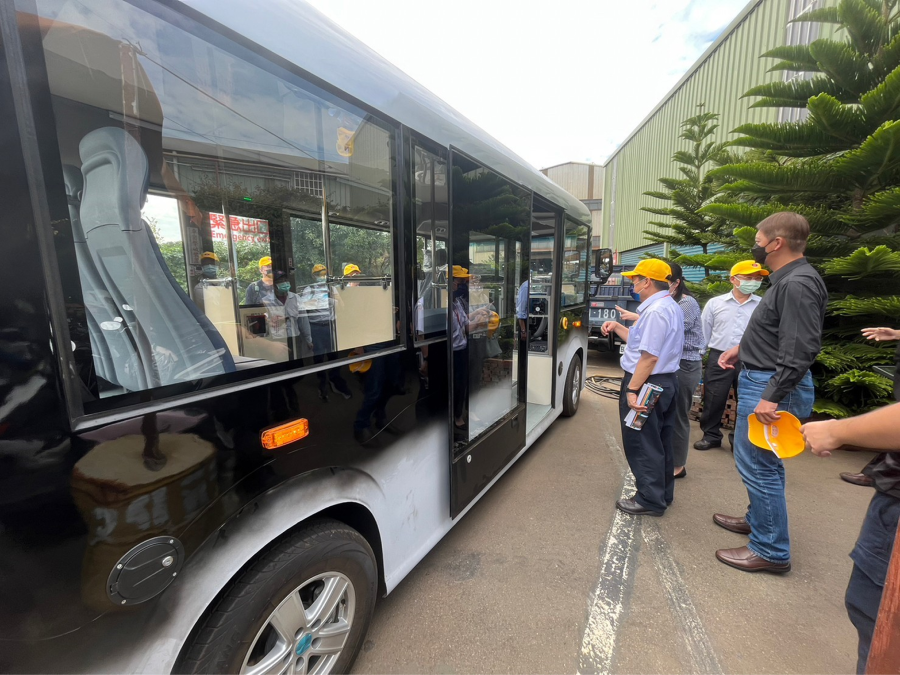Introduction
Related Projects

Domestic Connected Vehicle Certification and Information Security Credential Management Guidelines to Establish a Pilot Project
In order to guide the domestic response to technical difficulties arising from the complex road environment and the driving habits of passers-by, it is necessary for the road side to integrate cloud networking functions to provide real-time information. In order to further confirm the security of the network information exchange process, it is planned to establish a protection service security technical standard. Standardize the public key infrastructure structure of the Connected Vehicle and stipulate related security message formats. At the same time, in order to supervise the safety and quality consistency of Connected Vehicle equipment in mass production, a corresponding certification management system must also be established to ensure the Connected Vehicle. Equipment quality security and information protection.

Smart road application and data service planning and promotion project
Smart roads are a new generation of roads with roads as the main body, data as the core, and service as the purpose. Through the collection, analysis, release, and collaboration of road data, it provides road users with intelligent services. And through the "digitization" of road facilities, it lays the foundation for data management and road intelligence. Collect information through perception → proactively publish real-time information → proactively interconnect information instantly → gradually upgrade toward intelligent coordinated control.

Locomotive network collaboration security and service diffusion pilot research project
This project will continue the implementation results of the "Research and Field Test Plan for Application of Connected Vehicle Technology in Motorcycle Safety Improvement" and the "Networked Smart Motorcycle Safety and Shared Field Test Research Plan", and spread the implementation site to an open environment. Introduce smart safety services to general roads outside the campus, develop lightweight smart roadside facilities and smart networked safety motorcycles, use motorcycles as the main users to demonstrate the service effectiveness, and establish a future that is transferable, can release messages, and can operate sustainably for people and vehicles.

Danhai Smart Electric Bus Circle Line Multi-Vehicle Service Test Operation Phase II Project
[New Taipei City News] Following the first phase of the passenger test of a smart driving electric bus, which received 92% public satisfaction, the New Taipei City Transportation Bureau is now carrying out the second phase of the project, using two domestically produced small smart driving buses. The electric bus uses lithium iron batteries that can reduce safety risks such as overheating or explosion. It will run on a circular route and is expected to be put on the road for testing in the first quarter of next year (112).
